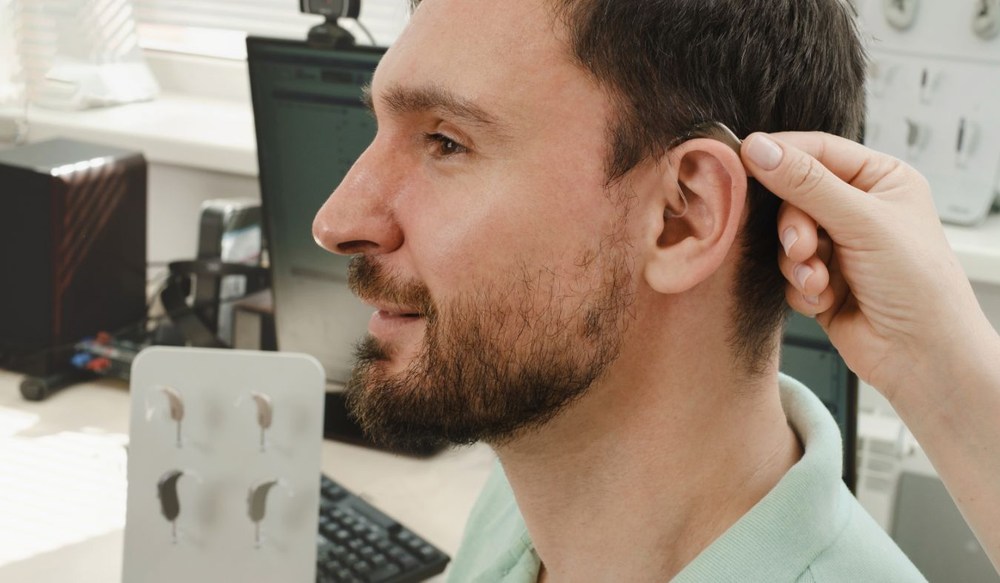Common Hearing Aid Problems and Solutions
Hearing aids can make a noticeable difference in everyday communication,


Hearing aids can make a noticeable difference in everyday communication,

Hearing loss can affect anyone, but it often shows up in different ways

Most people don’t realize that the inner ear plays a role in more than